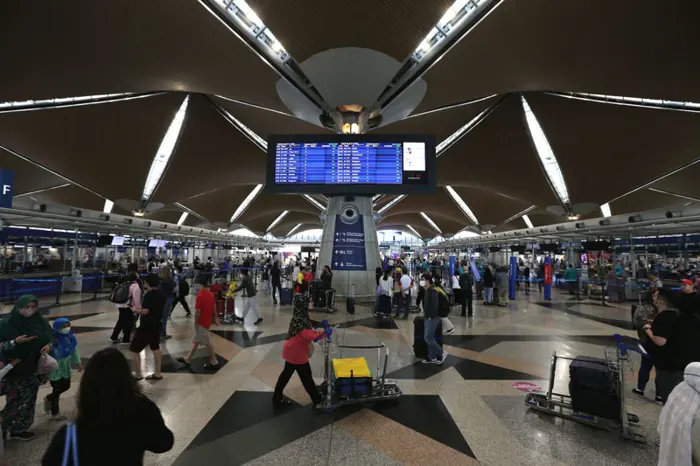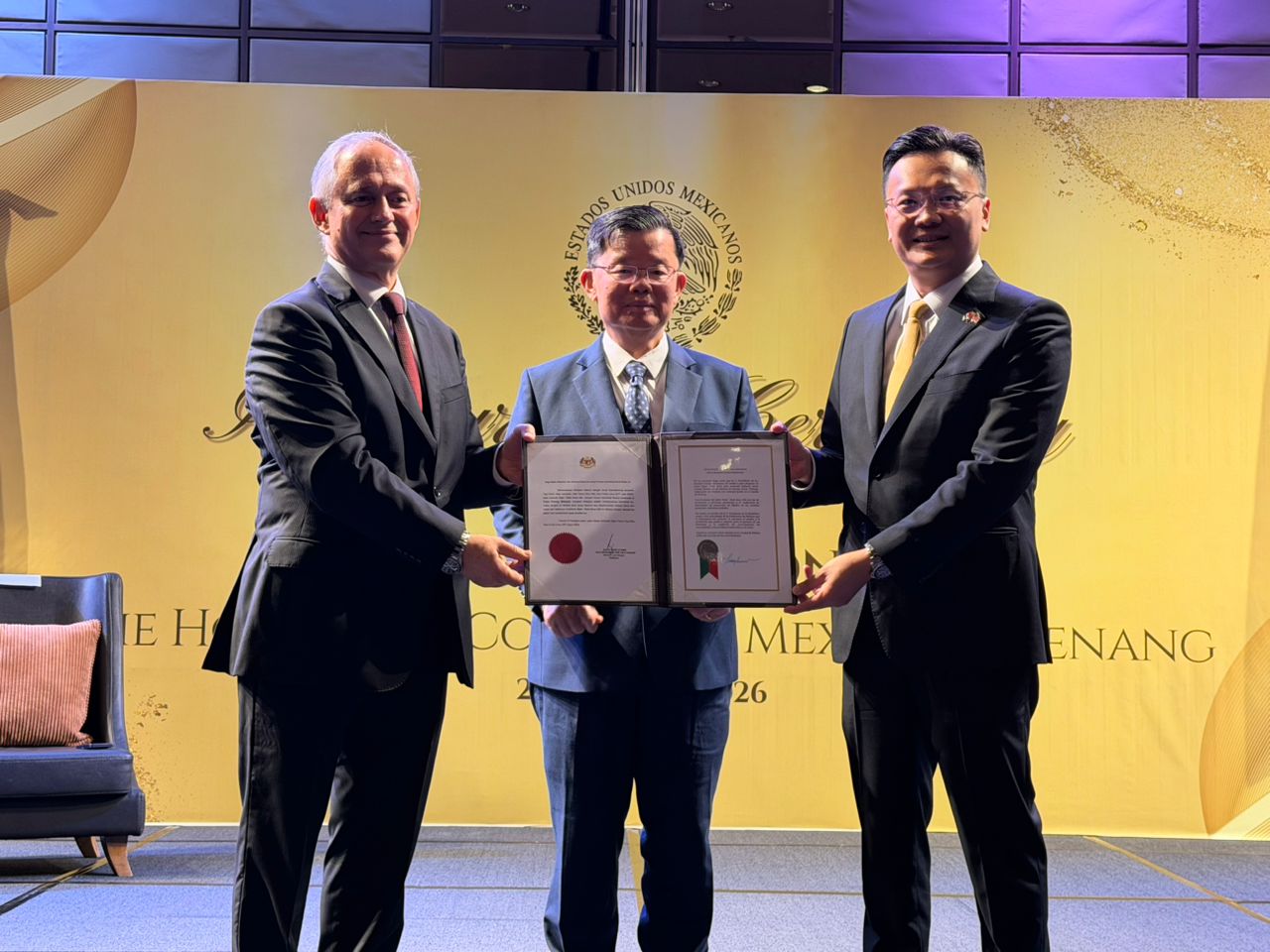PETALING JAYA: Analysts’ opinions of the aviation sector will become neutral as a result of corporate activities involving Capital A Bhd and Malaysia Airports Holdings Bhd (MAHB), which will overshadow the tourism sector’s current resurgence.
According to Kenanga Research, this year’s tourist sector revival is mostly due to Capital A’s regularization plan to remove its PN17 status and the projected privatization exercise of MAHB.
For MAHB, the conundrum is whether its minority shareholders will approve of the consortium’s planned privatization at RM11 per share.
The research firm said in an aviation industry analysis, “Meanwhile, while Capital A has been able to fill up seats in its planes, there is room to boost yields to ensure profitability after accounting for depreciation, aircraft leasing charges, and finance costs.”
Due in part to the increased demand for both leisure and business travel, Kenanga Research predicted that Malaysia would receive 27 million inbound tourists this year, up from 20 million the previous year.
The increase in numbers is being aided by the fact that Chinese and Indian tourists are not required to have a visa, which will assist low-cost carrier Capital A and airport operator MAHB.
China’s agreement to prolong the visa exemption program for Malaysian nationals until the end of 2025 and Malaysia’s extension of the visa exemption program for Chinese nationals until the end of 2026 are both beneficial.
According to the research firm, this should fuel increases in Capital A’s passenger demand and MAHB’s passenger throughput in 2024.
It predicted that this year, with increased aircraft capacity and a comeback in connectivity, MAHB’s passenger throughput will increase by 7% to 131 million.
According to Kenanga Research, Capital A is expected to reactivate its fleet to 202 aircraft by the end of this year (now 187 aircraft) and achieve 83% of pre-Covid levels of operations and capacity. This is due to the carrier’s increasing passenger throughput recovery.
The strong demand and present high-yield environment are also anticipated to help the company, with forward bookings in February and March standing at 91% and 49%, respectively.
By mid-2024, it intends to introduce over 60 new routes within the company, grow in China and India, and begin operations for AirAsia Cambodia.
The research firm continued, “Although Capital A has been able to fill its planes with passengers, there is room to boost yields to ensure profitability after accounting for depreciation, aircraft leasing charges, and financing costs.”
Although Kenanga Research does not have any preference for the aviation industry, it does have a neutral opinion of it.
It stated that the RM11 per share offer price that the group led by Khazanah Nasional Bhd, the Employees Provident Fund (EPF), Global Infrastructure Partners (GIP) of New York, and Abu Dhabi Investment Authority (ADIA) presented to MAHB’s minority shareholders is fair, valuing it at 26 and 20 times, respectively, Kenanga Research’s financial year 2025 (FY25) earnings per share and FY25 consensus earnings per share forecasts for MAHB.
Khazanah’s share in MAHB will increase to 40% (from 33.2% currently), while EPF’s will increase to 30% (from 7.9%), with ADIA and GIP jointly owning the remaining 30%, assuming minority shareholders fully approve the changes.
Meanwhile, Capital A is nearing submission of its regularization plan for the upcoming fourth quarter.
Two significant corporate exercises are part of the company’s regularization plan to remove itself from the PN17 status: selling its aviation division to AirAsia X Bhd in return for shares and proposing to list a unit as the licensee of the AirAsia brand on the Nasdaq by signing a letter of intent with Atherium Acquisition Corp, a special purpose acquisition company.
The research firm wants to sell Capital A shares for 76 sen each.
-END-





